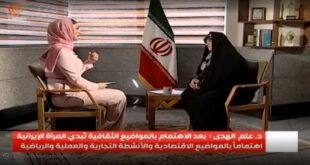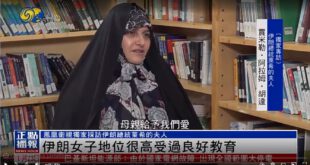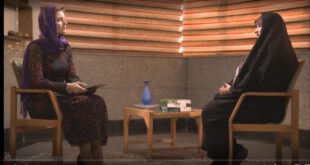The discourse of the 13th government: justice and rationality
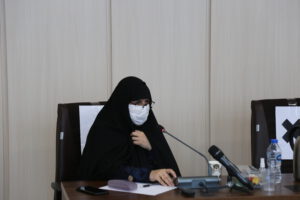
Dr. Jamileh Alamolhoda, faculty member of Shahid Beheshti University, said in the second meeting of the specialized meetings of the Development Season Conference, which was held on the discourse of the 13th government, justice and rationality, at Allameh Tabatabaei University: “It seems that the greatest injustice occurs when rationality is removed from its original position and meaning.”
The events of the 1400 elections took place in such a way that it clearly showed that the people’s votes were for ethics, wisdom, justice and avoiding corruption. These are what people are looking for. Perhaps a part of the people who doubted to participate in the elections had doubts about whether those who appeared on the stage can really be considered as examples of just and righteous rulers. They considered martyr Soleimani as an objective example for governance. Therefore, even those who did not participate in the elections were looking for ethics, moral principles and justice and believed in such slogans.
The problem facing the 13th government is the result of the various capacities that social systems have compared to each other, and it has appeared in the form of a simultaneous demand for freedom and justice, and the government has to respond to both.
In addition to all these stories and the ineffectiveness of social systems to distribute justice and freedom, the growth of the knowledge-based economy also increases our distance to justice, because there is an unfillable gap between modern sciences, on the one hand, and wisdom and ethics on the other; only specialized and professionalized knowledge can provide specialized services which is dependent on the economy, and strengthening the economy with such knowledge hinders the expansion of wisdom and justice. Undoubtedly, if knowledge is accompanied by wisdom and justice, it can support an economy that provides new models for the fair distribution of wealth and power. In any case, the justice-seeking approach of the 13th government, the avoidance of corruption and the provision of essential goods are valuable in themselves, but they are challenging due to semantic ambiguities, especially in the realm of rationality and the limits of justice in rationality. The professional formulation of knowledge and the transformation of science into jobs cause the institution of science to depend on the economic coordinates of the existing conditions.
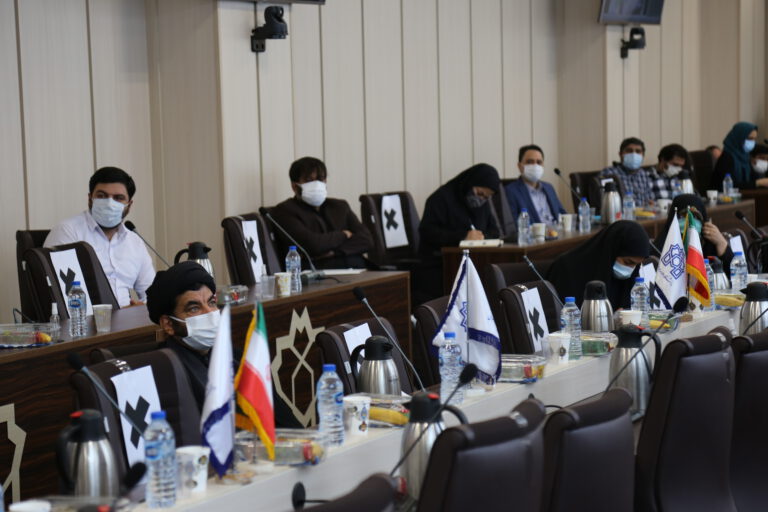

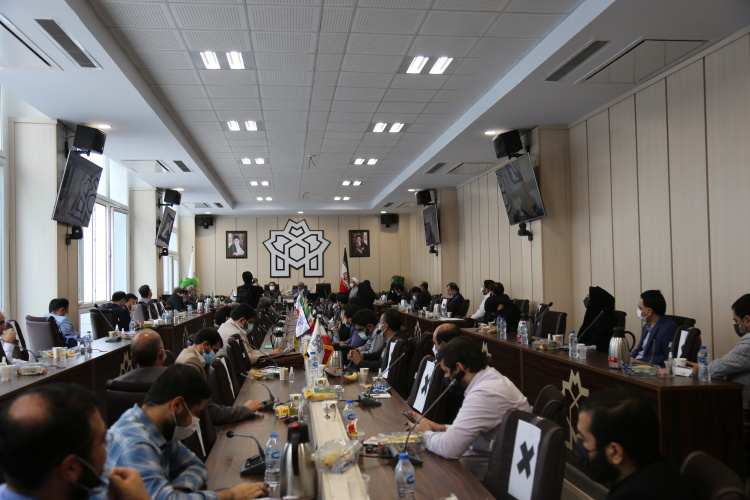
 Dr Jamilesadat Alamolhoda Personal Website
Dr Jamilesadat Alamolhoda Personal Website
